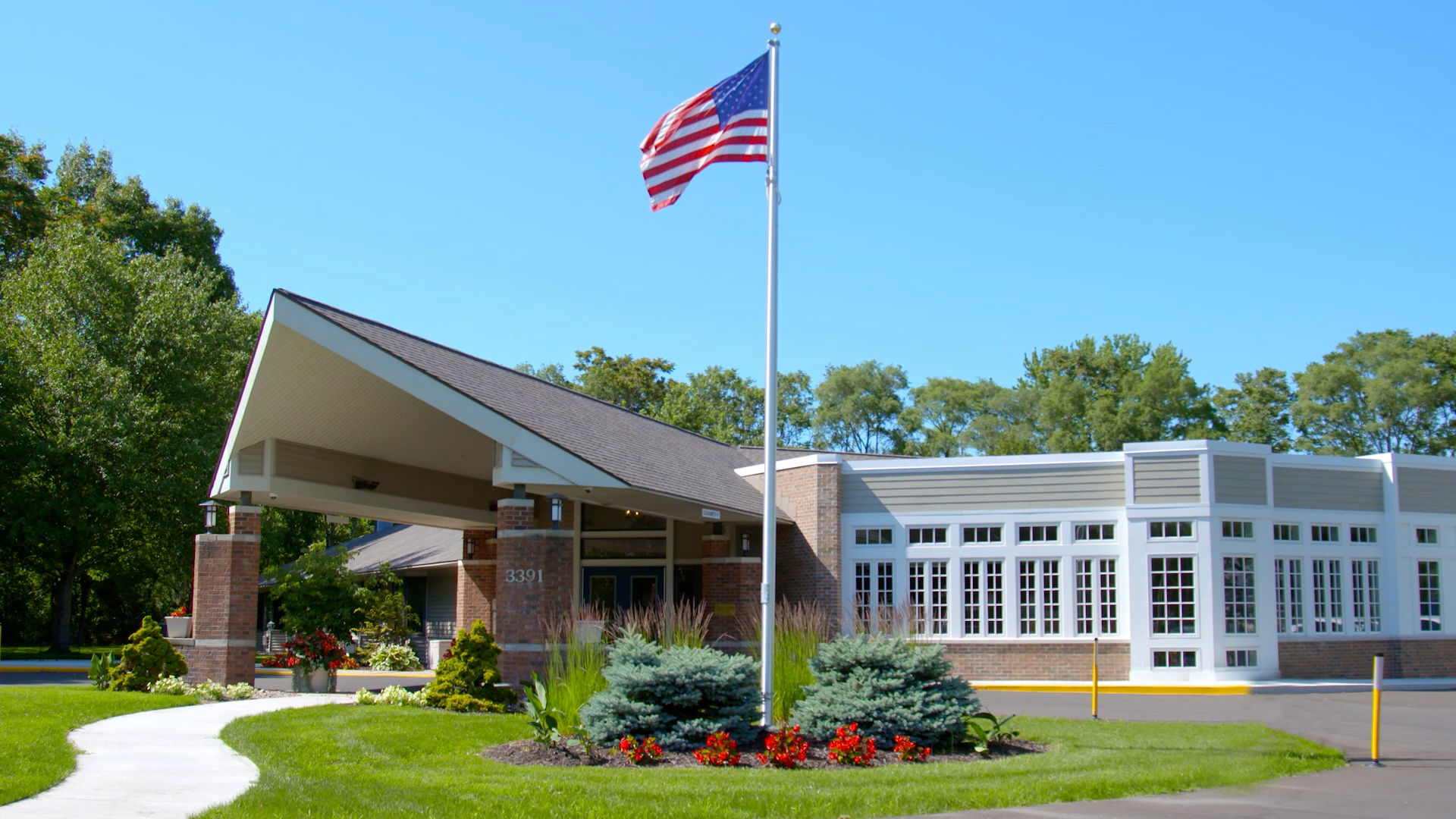As we age, maintaining our health and independence becomes more important. While it might seem like the opposite, moving into an assisted living community has been shown to improve both the health and independence of seniors, sometimes even allowing them to regain some independence they once lost. But with so many options, requirements, and criteria to meet in order to move in, making the move can seem like a daunting task. In this blog, we will discuss who qualifies for assisted living and help you determine eligibility.
Who is assisted living for?
There is no magical formula that qualifies you or a loved one for assisted living. That being said, there are some requirements that each resident needs to meet in order to be eligible for assisted living services. There are three main factors that a community will consider when evaluating a prospective resident:
Age: In general, individuals need to be over a certain age to qualify for assisted living. While exact age requirements differ depending on the community, most assisted living facilities are able to begin serving seniors between the ages of 55-65. At Sunset Senior Communities, our minimum age requirement is 62.
Health: While assisted living communities are designed to care for a wide range of needs, there are some health issues that legally a licensed assisted living is unable to take on. Unlike skilled nursing facilities who are regulated by the federal government, assisted living communities are regulated by individual state agencies. While assisted living regulations are generally not as strict as skilled nursing, it does limit the care they are able to provide. For example, if you have extensive medical issues that require round-the-clock nursing care, or you require a medical device like a catheter or IV therapy, assisted living might not be a good fit for you. However, some assisted living communities supplement care by partnering with home health and hospice agencies. At Sunset Senior Communities, we partner with agencies like Emmanual Hospice and Tandem365. These partnerships allow our residents to remain in the assisted living community they call home, while still receiving the care they need.
Support Needs: Residents in assisted living require support when performing activities of daily living (ADLs). These ADLs can include anything from medication management to assistance with feeding, grooming, and transfers. Assisted living is designed to provide that necessary support, while also encouraging residents to remain as independent as possible. Many residents even find that once they make the move to assisted living, they feel more independent than they did when living alone in their home.
Who does not qualify for assisted living?
Now that we have a better understanding of who qualifies for assisted living, contrast it with those who do not qualify. In general, assisted living is not for those who require complex medical or psychiatric care. Assisted living is not for those who require round-the-clock nursing care. These residents would best be served in a skilled nursing setting. And while this may come as a surprise, assisted living is not the best place for those with memory impairments, such as dementia. The reason for this is that some assisted living communities are not secured (i.e. do not require a badge or code for entry/exit) and the risk of a resident with memory concerns wandering off is too great.
Paperwork needed to qualify
In the state of Michigan, there is some paperwork required to qualify for residence in a licensed assisted living community. This required paperwork consists of a recent physical done by your primary care physician and a negative tuberculosis test. Additionally, some communities require a financial application to qualify for assisted living services.
Examples
The journey through the aging process is as unique as each individual and the care in assisted living should reflect that. Below are some examples of situations that would be appropriate for assisted living, as well as a few that would be more appropriate for a skilled nursing or memory care setting.
James is 82 and lives alone in his condo. He has some health conditions and while they are managed, sometimes he forgets to take his medication. James also relies heavily on his daughter for help with weekly meals and transportation to appointments. James would be appropriate for assisted living.
Millie is 90 and was just hospitalized after a fall. She did not need surgery but broke her arm and needed stitches to close a cut on her forehead. Millie will need rehabilitation, per her doctor’s recommendation. Millie would NOT be appropriate for assisted living right now but would benefit greatly from rehab at a skilled nursing facility.
Grace is 87 and her family has noticed that in recent months, she’s become increasingly forgetful. Physically she is healthy, but family is concerned that she might have some early signs of dementia. Grace still enjoys being social but recently got lost when she was driving to the grocery store. Grace would NOT be appropriate for assisted living but would benefit greatly in a memory care community.
Pete is 92 and his wife of 64 years recently passed away. While Pete shows no signs of dementia or other cognitive decline, he does have some health concerns including A fib and he requires catheterization. Pete does not need assistance with most ADLs but could use some gentle reminders when performing daily activities as well as help with medication management. Pete would be appropriate for assisted living if the assisted living community partners with other organizations like home health to supplement care.
We are here to help! If you have questions about assisted living for you or a loved one, please contact us at 616.457.2770 or visit our website.
